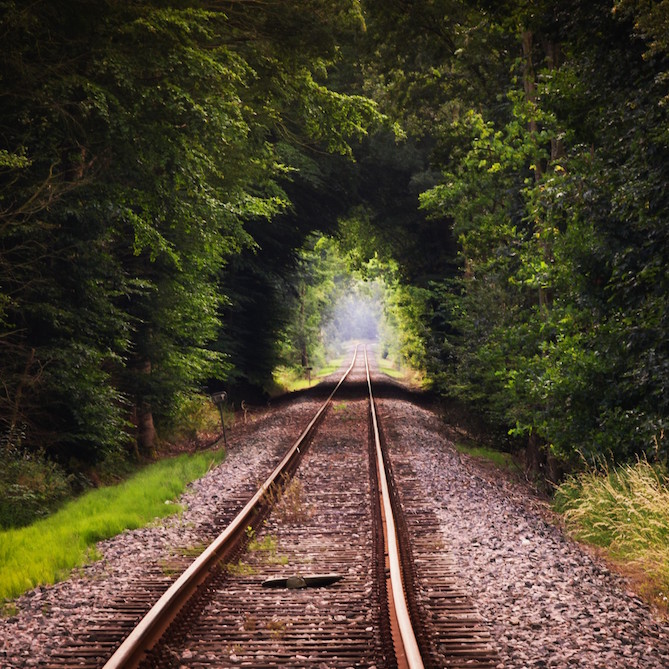
The Force of Habit
Selma Gokcen
“You translate everything, whether physical, mental or spiritual, into muscular tension.”
“We can throw away the habit of a lifetime in a few minutes if we use our brains.”
—F.M. Alexander
My Alexander teacher is always speaking about the force of habit and the difficulty of keeping the mind on a new track, when, for example, a simple decision is made not to lift an arm or get out of the chair in the usual way. Our kinaesthetic sense, the sense of our muscles in movement, is of little help here. We measure effort by how something feels, and that feeling is our habit. To give up wanting to feel our way forward in the early stages of Alexander Technique lessons comes down to a battle with habit, which is pulling us toward the familiar all the time. How much are we able to empty the mind of the familiar and allow a new experience to take place?
Krishnamurti, the Indian teacher and sage, wrote a book called Freedom from the Known. His premise is that we almost never have a completely new experience because our mental associations formed of past experiences come into play automatically. We look to categorise, to relate, to associate and eventually to place the Unknown safely within the confines of our known world.
An Alexander Technique lesson, if properly shared, is a constant adventure into the Unknown. Because the first step is to come into quiet, emptying the mind of expectation or preparation, in a state of waiting, a new experience can be had in the moment if one is willing to give up the familiar. And there is the challenge.
Giving up a familiar groove, a familiar feeling, a familiar person, place or object is like losing a part of ourselves. We’d rather do anything else! Joseph Campbell speaks of transition in the sense of shedding old skin; giving up a habit can feel as if we are being stripped of what helps us to cope, to act, to be.
Sometimes the experience of the new is exhilarating, but it can also be terribly disorienting, painful and destabilising. Change is often not what we want if we are honest. Alexander commented that although people express the desire for change, what they want down deep is to remain the same.
For musicians, change can also be frightening because they spend their entire childhood learning to play their instrument a certain way. To begin to unravel the chain of habits takes time, courage, hard work and a keen mind. Sometimes it is just too much to ask when a living has to be made. In the end it is the individual’s decision as to how far to go, and how much to give up to gain the pearl of great price, self-knowledge. Bargains are only made with the Devil; the Angels ask for everything.
Subjects: Playing Healthy, Practicing
